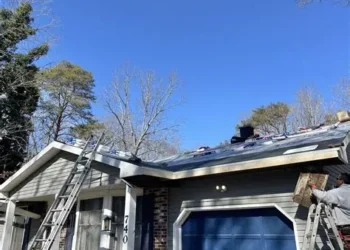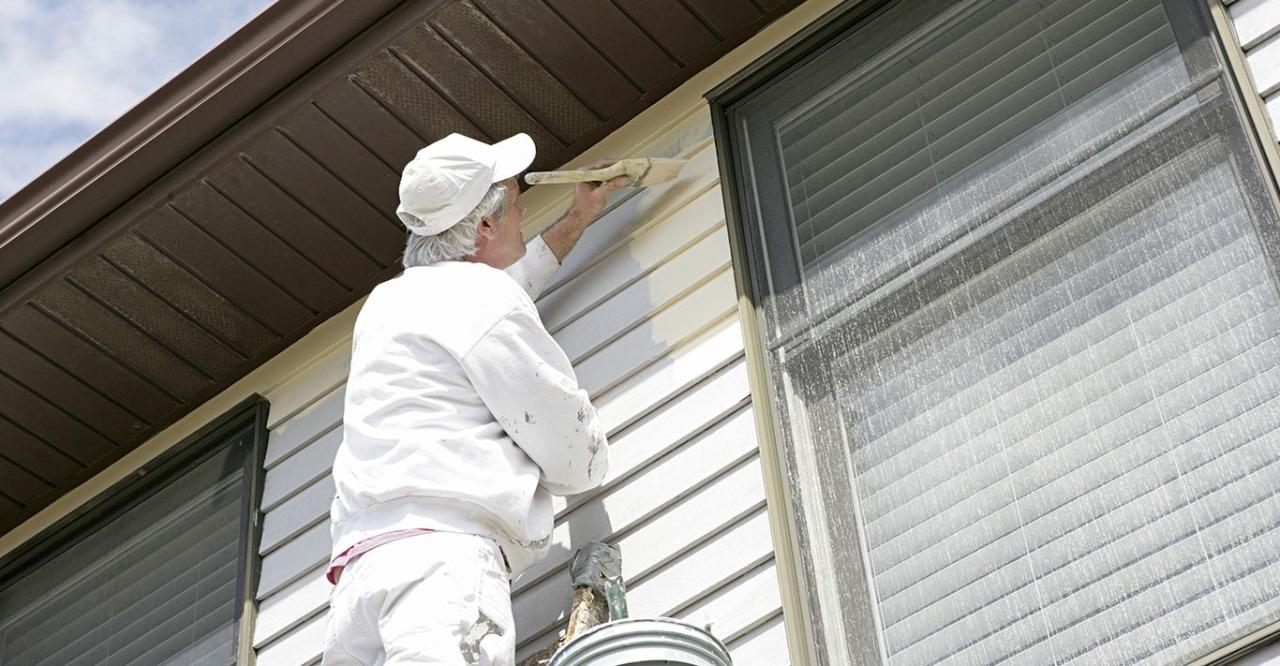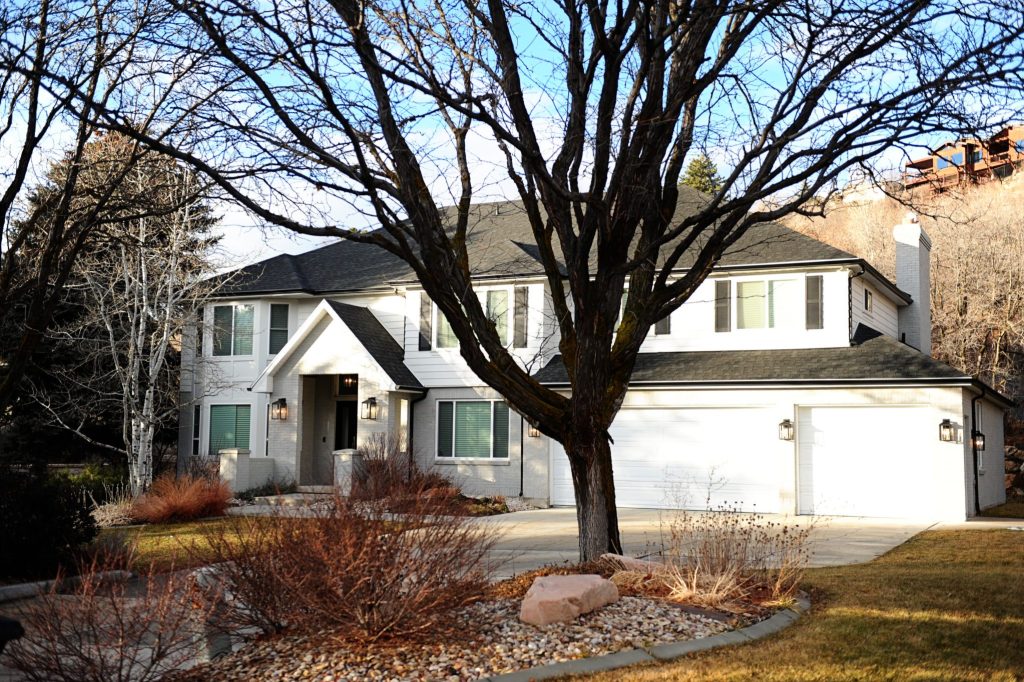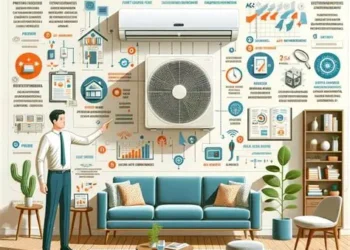Embark on a journey through the realm of residential property management, where every decision and task plays a crucial role in the success of your property. From marketing strategies to legal compliance, this guide provides a comprehensive overview of what it takes to excel in managing residential properties.
Overview of Residential Property Management
Residential property management involves overseeing and maintaining properties that are used as homes or living spaces. This includes managing rental properties, ensuring tenant satisfaction, and maximizing property value.Effective property management for residential properties is crucial for both property owners and tenants.Property managers play a key role in maintaining the property, addressing tenant needs, and ensuring a safe and comfortable living environment. By effectively managing residential properties, property managers can help owners generate rental income, maintain property values, and foster positive tenant relationships.
Key Responsibilities of a Residential Property Manager
- Marketing and advertising vacant units
- Screening and selecting tenants
- Collecting rent and managing finances
- Handling maintenance and repairs
- Enforcing lease agreements and resolving tenant disputes
- Conducting property inspections and ensuring compliance with regulations
Examples of Tasks Involved in Managing Residential Properties
- Responding to maintenance requests in a timely manner
- Conducting regular property inspections to identify any issues
- Communicating effectively with tenants to address concerns and questions
- Ensuring that all rental payments are collected on time
- Handling lease renewals and terminations
Marketing and Tenant Relations
In residential property management, effective marketing strategies and positive tenant relations play a crucial role in ensuring the success and profitability of the property. By attracting and retaining tenants, property managers can maintain high occupancy rates and foster a sense of community within the property.
Strategies for Marketing Residential Properties
- Utilize online listing platforms and social media to reach a wider audience.
- Highlight unique features and amenities of the property in marketing materials.
- Host open houses or virtual tours to showcase the property to potential tenants.
- Collaborate with local real estate agents to increase visibility and referrals.
Attracting and Retaining Tenants
- Offer competitive rental rates and incentives for new tenants.
- Maintain the property well to attract quality tenants and encourage lease renewals.
- Provide excellent customer service and respond promptly to tenant inquiries or concerns.
- Create a sense of community through events or amenities that promote tenant interaction.
Importance of Good Tenant Relations
Good tenant relations are essential for a harmonious living environment and long-term tenant retention. By fostering positive relationships with tenants, property managers can reduce turnover rates, minimize conflicts, and create a sense of belonging for residents.
Effective Communication Methods with Tenants
- Regularly send updates and reminders via email or text messages.
- Establish an online tenant portal for easy access to important information and maintenance requests.
- Conduct surveys or feedback sessions to understand tenant needs and preferences.
- Hold regular meetings or newsletters to keep tenants informed about property news and updates.
Maintenance and Repairs
Maintaining a residential property is crucial for ensuring the safety and comfort of tenants, as well as preserving the value of the property. Timely repairs and preventive maintenance play a significant role in effective property management.
Maintenance Requirements for Residential Properties
- Regular inspections of the property to identify any maintenance issues.
- Ensuring that essential systems such as plumbing, heating, and electrical are in good working condition.
- Lawn care and landscaping to maintain the curb appeal of the property.
- Regular cleaning and upkeep of common areas and amenities.
Handling Repairs in a Timely Manner
- Establishing a system for tenants to report maintenance issues promptly.
- Maintaining a list of reliable contractors and service providers for quick repairs.
- Prioritizing urgent repairs to address safety concerns or prevent further damage.
- Communicating with tenants about scheduled maintenance and repairs to minimize disruptions.
Role of Preventive Maintenance
- Preventive maintenance helps identify and address potential issues before they escalate
.
- Regularly servicing HVAC systems, checking for leaks, and inspecting the roof can prevent costly repairs down the line.
- Creating a maintenance schedule for routine tasks can streamline the process and ensure nothing is overlooked.
- Investing in preventive maintenance can increase the longevity of property components and reduce overall maintenance costs.
Common Maintenance Issues in Residential Properties
- Leaky faucets and pipes that can lead to water damage.
- HVAC system malfunctions causing discomfort for tenants.
- Roof leaks that can result in structural damage if not addressed promptly.
- Appliance breakdowns such as refrigerators or washing machines.
Legal Compliance and Financial Management
Residential property managers have a crucial role in ensuring legal compliance and effective financial management for the properties under their care. This involves understanding and adhering to the various laws and regulations governing rental properties, as well as implementing sound financial practices to maintain the property's profitability.
Legal Obligations of Residential Property Managers
Residential property managers are required to comply with a range of laws and regulations to protect both landlords and tenants. This includes ensuring that rental agreements are in line with local rental laws, conducting proper tenant screenings, and handling security deposits in accordance with legal requirements.
Ensuring Compliance with Rental Laws and Regulations
To ensure compliance with rental laws and regulations, property managers must stay informed about any changes in legislation and ensure that all leases and rental agreements are up to date. Regular inspections of the property to address any safety or habitability issues are also essential to remain compliant with the law.
Financial Management Practices for Residential Properties
Effective financial management is key to the success of residential property management. Property managers must keep accurate records of income and expenses, create detailed budgets, and handle financial transactions promptly and transparently. This helps ensure the property remains profitable and well-maintained.
Examples of Financial Documents Used in Property Management
Rent RollsA document that lists all tenants, their rental rates, and lease terms.
Income StatementsSummarize the property's income and expenses over a specific period.
Balance SheetsProvide a snapshot of the property's financial health by detailing assets, liabilities, and equity.
Cash Flow StatementsTrack the inflow and outflow of cash to assess the property's financial performance.
Summary
As we conclude our exploration of residential property management, remember that attention to detail and effective communication are key to ensuring the smooth operation of your properties. By implementing the strategies and best practices discussed, you can elevate your property management game and achieve long-term success.
Questions Often Asked
How can I attract quality tenants?To attract quality tenants, consider showcasing the unique features of your property, conducting thorough screening processes, and maintaining open communication with potential tenants.
What are the common financial documents used in property management?Common financial documents used in property management include income statements, balance sheets, and cash flow statements to track the financial health of the property.
What are the key responsibilities of a residential property manager?The key responsibilities of a residential property manager include property maintenance, tenant relations, financial management, and ensuring legal compliance with rental laws and regulations.






